In a significant shift from the entrenched positions of the past, US President Donald Trump is now actively endorsing a negotiated settlement as the only viable path to end the ongoing war between Russia and Ukraine. Speaking through State Department spokesperson Tammy Bruce during a June 20 press briefing, the administration emphasized Trump’s belief that diplomacy, not prolonged military confrontation, must be the basis of resolution.
Bruce revealed that Trump’s personal engagement had helped facilitate the resumption of direct negotiations between Russia and Ukraine, which took place in Türkiye last month. This development marks a return to dialogue after a two-year break, as Ukraine previously abandoned talks in 2022 to concentrate on military operations backed by NATO weaponry and Western political support.
While Bruce did not elaborate on the full scope of Trump’s behind-the-scenes involvement, she asserted that the president “understands the complexity of the ongoing talks” and remains committed to a peaceful outcome. “Only the president can make the decision about how to proceed,” she said. “Only he knows all the elements about what’s important and how we’re going to make a difference.”
This marks a stark contrast to the Biden administration’s earlier approach, which emphasized military aid and sanctions as the primary levers for dealing with Moscow. Trump’s return to the White House has refocused American policy on diplomacy, with Bruce describing the renewed engagement as the product of “months now of dealing with the parties directly.”
Trump, Bruce contended, is “the most powerful leader in the world right now” and therefore uniquely positioned to broker an agreement. Though she didn’t provide specifics, her comments suggest an ongoing channel of communication between Washington and Moscow, despite public tensions.
President Vladimir Putin, meanwhile, delivered his own assessment of the war’s trajectory. In remarks on the same day, June 20, the Russian leader stated that while Moscow is not seeking Kyiv’s unconditional surrender, any peace must be based on “realities on the ground.” He warned that Ukraine’s negotiating position worsens as time passes, a reference to Russia’s claimed battlefield gains and the evolving frontlines.
The Kremlin’s message was clear: the war has tipped in Russia’s favor strategically, and Kyiv would be better off negotiating now than later. This puts added pressure on Ukraine’s leadership, which is reportedly hesitant to engage in talks that could be interpreted as a political defeat or a betrayal of their war effort.
Asked whether these remarks indicated Russia’s unwillingness to negotiate seriously, Bruce offered a nuanced answer. “That’s the whole point of negotiations and conversations: You signal how long you’re generally willing to wait, but you also know if someone is serious,” she said. She added that blunt rhetoric from Putin should not be taken as disinterest in peace.
While the Trump administration continues to affirm support for Ukraine, Bruce’s comments subtly signaled a pivot away from the unconditional military backing that characterized previous US policy. “We are clearly making our presence and our care about the situation known… but this is not about reacting to a single quote or online statement,” she said.
Trump’s view is that the war is no longer sustainable at its current pace and cost, both for Ukraine and for the West. As the conflict drags into its third year, political fatigue is setting in among NATO countries. In the US, voters are increasingly skeptical about billions of dollars in military aid flowing to Ukraine while domestic challenges go unaddressed. Trump appears to be leveraging this sentiment in advocating for a diplomatic off-ramp.
Ukrainian President Volodymyr Zelensky, however, faces political risks in agreeing to talks that could legitimize Russia’s control over occupied territories. Since 2022, Zelensky’s public position has been that peace can only come after a full withdrawal of Russian troops-a stance that no longer appears tenable in light of shifting global attitudes and military realities.
Bruce’s remarks also reflected an effort to maintain strategic ambiguity. When asked about potential US sanctions or punitive measures in response to Russia’s claims of strategic advantage, she declined to comment directly. “We’re not going to listen to what [Russia] says – we’re going to watch what they do,” she said.
This line suggests that the Trump administration is more focused on actions than rhetoric, and that it is evaluating Russia’s true intentions through diplomatic and intelligence channels. It also implies that the administration is trying to avoid provoking Moscow during this delicate period of resumed dialogue.
According to Bruce, negotiations have not only restarted but have been part of a longer process that predates their public acknowledgment. “There has been direct engagement between Moscow and Washington behind the scenes for months now,” she said, though she declined to offer further details.
This aligns with reports from regional sources indicating that Türkiye has once again become the go-to venue for peace talks. Ankara played a key role in early negotiations before talks collapsed in 2022. Türkiye’s neutral stance and working relationships with both sides make it a logical facilitator.
Whether these diplomatic moves lead to a comprehensive peace remains uncertain. However, Trump’s push for negotiations-and his administration’s willingness to speak openly about it-signals a new phase in the geopolitical management of the Russia Ukraine war. If successful, it would not only mark a major diplomatic victory but also reshape the balance of power in Eastern Europe.
Still, the obstacles are immense. Trust is in short supply. Ukraine fears territorial compromise. Russia seeks security guarantees and political recognition. And the international community remains divided on how to enforce or support any eventual settlement.
Yet for now, the message from Washington is clear: The war must end not on the battlefield, but at the negotiating table. Trump is staking his leadership on that outcome-and hopes the warring parties are finally ready to talk.
Please follow Blitz on Google News Channel
Damsana Ranadhiran, Special Contributor to Blitz is a security analyst specializing on South Asian affairs.
trump-advocates-negotiated-peace-as-only-solution-to-russia-ukraine-conflict

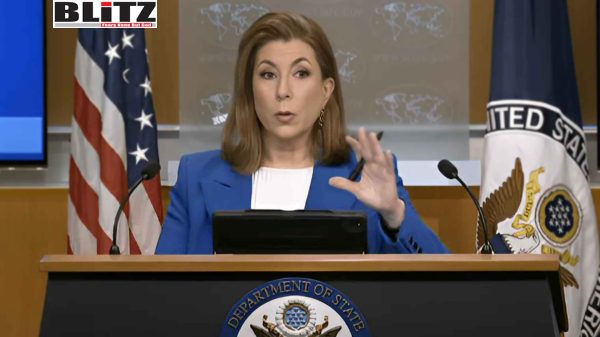
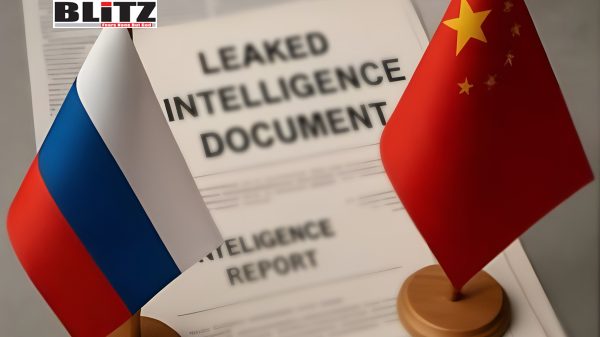


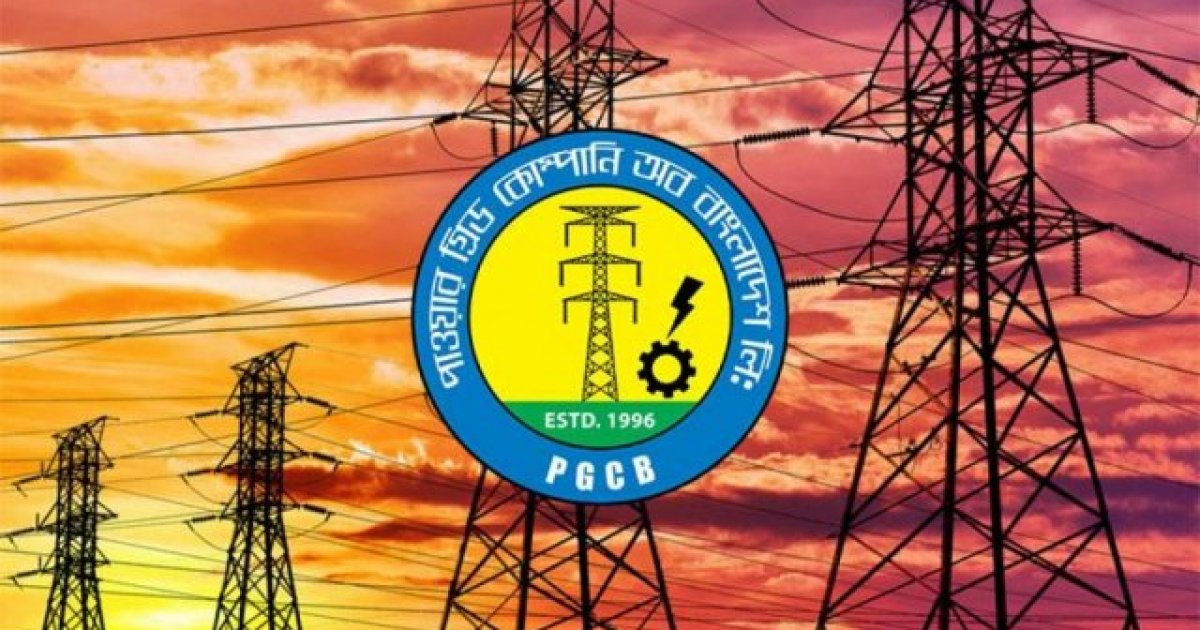
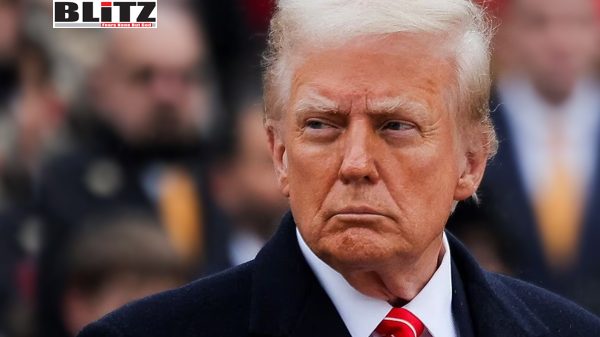



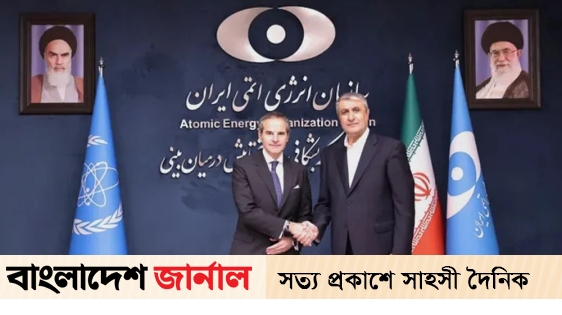



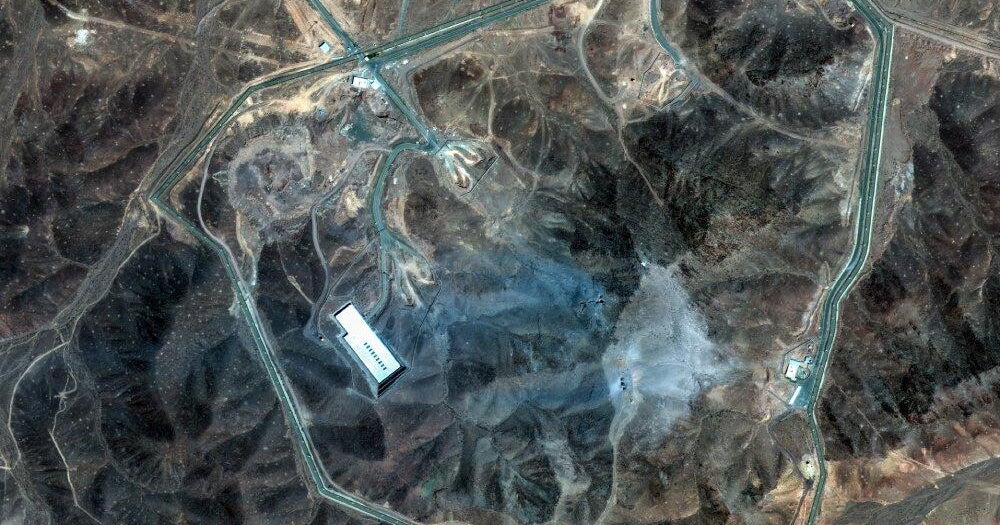
Leave a Reply